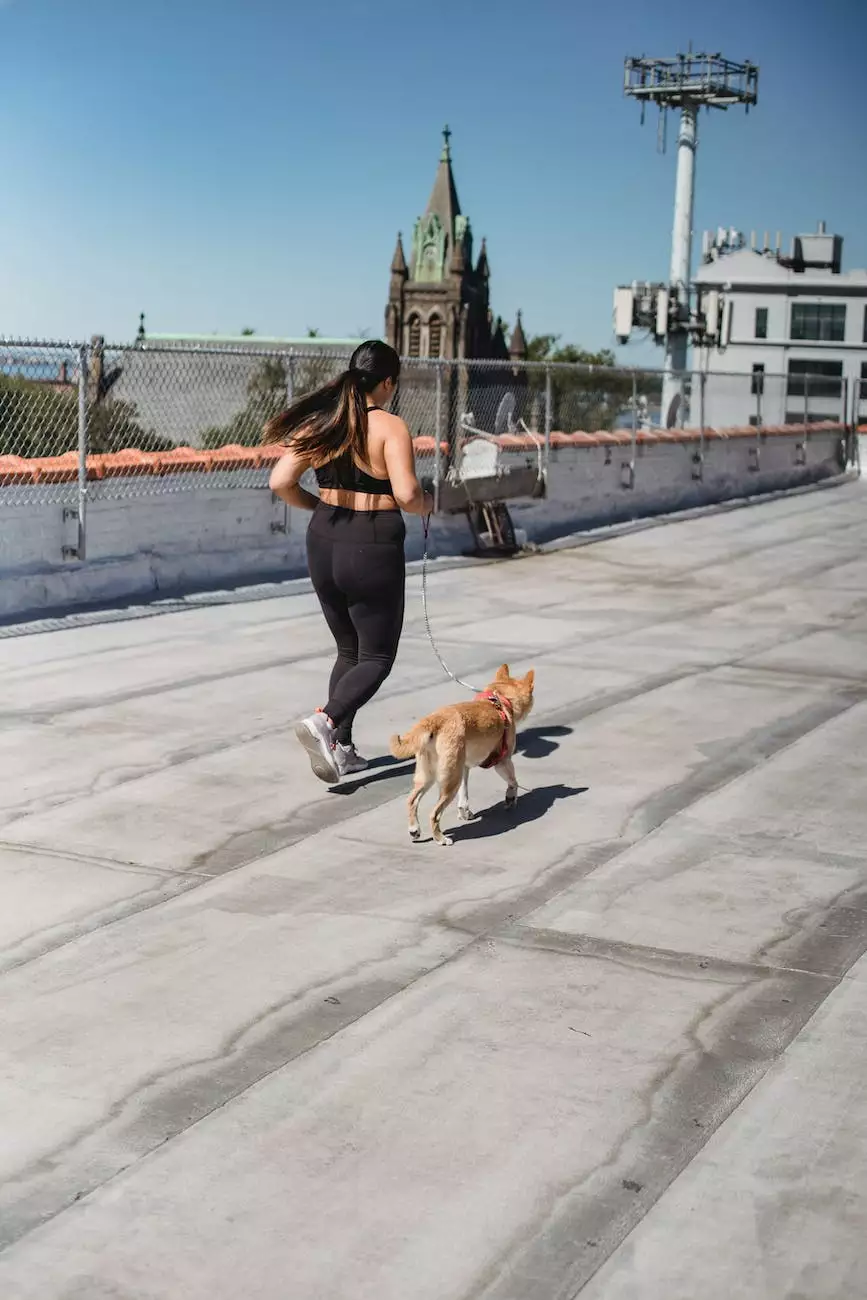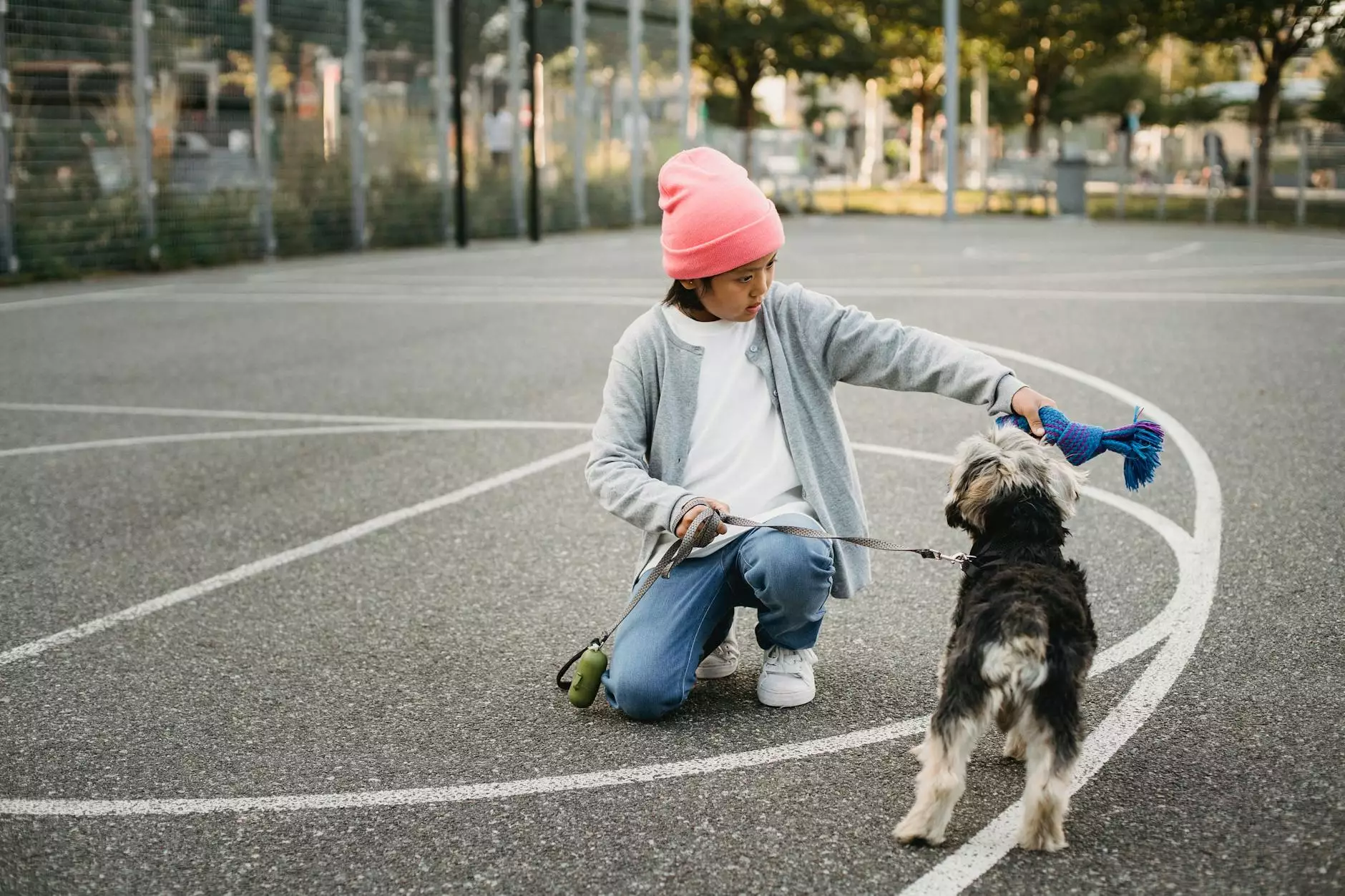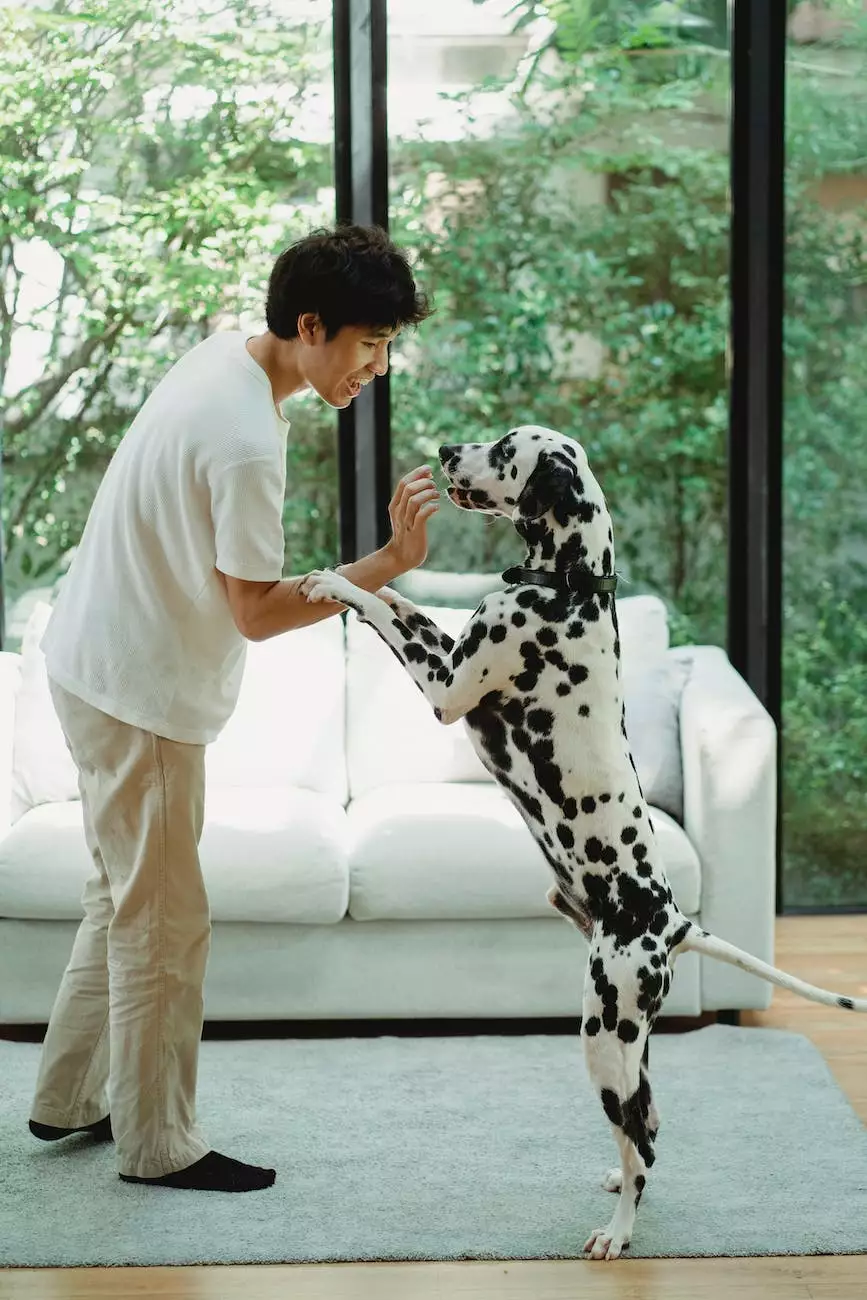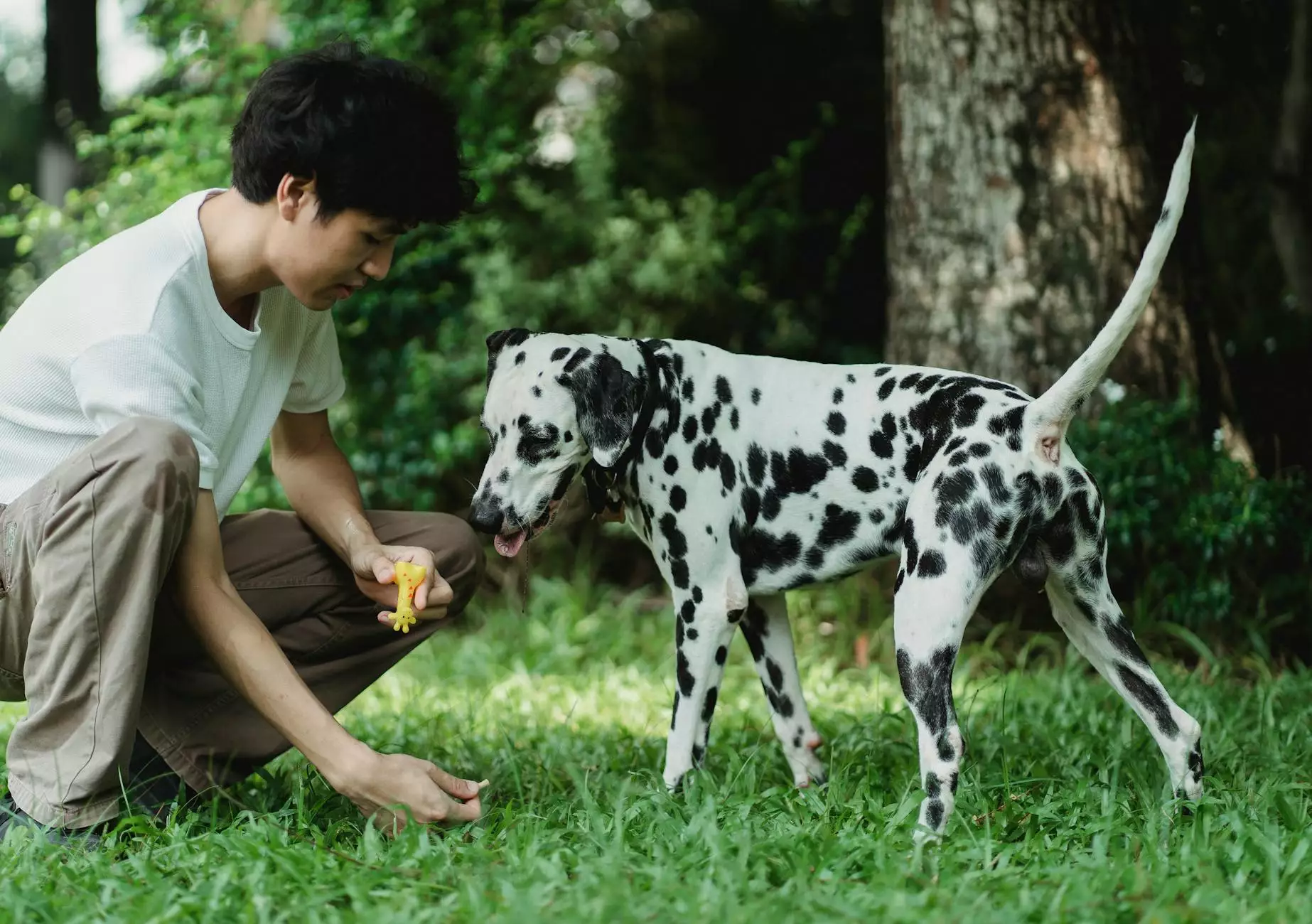Curing a Car Sick Dog
Dog Care
The Upbeat K9: Experts in Overcoming Dog Car Sickness
Welcome to The Upbeat K9, your go-to resource for professional dog training and behavior solutions. In this article, we will guide you through the process of curing car sickness in your beloved furry friend. Our experienced team of trainers has developed effective methods to help your dog overcome their fear and discomfort during car rides. Say goodbye to car sickness and hello to stress-free road trips with your four-legged companion!
Understanding Car Sickness in Dogs
Car sickness, also known as motion sickness or travel anxiety, is a common issue among dogs. Just like humans, some dogs may experience nausea and discomfort when traveling in a car. This can be distressing not only for your furry friend but also for you as their dedicated owner.
Symptoms of car sickness in dogs may include excessive drooling, vomiting, restlessness, whining, shaking, and even refusal to enter a car. It's important to note that car sickness can affect dogs of all ages and breeds. However, puppies and younger dogs are more prone to developing car sickness due to their immature inner ear structure.
Tips for Overcoming Car Sickness
The good news is that car sickness in dogs can be managed and even cured with patience, training, and some useful techniques. Here are a few tips to help your furry friend overcome their travel anxiety and enjoy car rides:
1. Gradual Exposure and Positive Reinforcement
Start by introducing your dog to the car in a positive and gradual manner. Allow them to explore the vehicle while it is stationary, giving them treats and praise to create a positive association. Gradually progress to short car rides around the block, rewarding them for calm behavior throughout the journey.
2. Familiarize Your Dog with the Car
Make the car a comfortable and familiar place for your dog. Use their favorite blanket or toy to create a cozy spot in the car. Leave the car door open at home so they can go in and out freely, associating the car with positive experiences. This helps alleviate any fears or anxieties they may have related to car travel.
3. Motion Desensitization
To desensitize your dog to motion, start with short, slow car rides. Gradually increase the duration and intensity of the journeys over time. This helps your dog's body adapt to the movements and reduces the likelihood of car sickness. Stick to smooth roads and avoid sudden accelerations or decelerations during the training process.
4. Proper Ventilation
Ensure that the car is properly ventilated to minimize any build-up of stuffy air. Opening the windows slightly or using a specially designed dog car window vent can help circulate fresh air, reducing your dog's discomfort.
5. Avoid Feeding Before Car Rides
Avoid feeding your dog a large meal right before a car ride. An empty stomach or a light snack a few hours before traveling can help prevent nausea and reduce the chances of vomiting. However, ensure that your dog stays hydrated during the journey by providing access to fresh water.
6. Consult with Your Veterinarian
If your dog's car sickness persists or worsens despite your best efforts, it's always a good idea to consult with your veterinarian. They may recommend anti-nausea medications or alternative therapies that can help manage your dog's travel anxiety and alleviate their symptoms.
Transforming Car Rides into Joyous Adventures
By implementing these techniques and providing your dog with positive experiences, you can help them overcome their car sickness and transform car rides into enjoyable adventures. Remember to be patient, understanding, and consistent with your training efforts. Soon enough, your furry friend will be eagerly hopping into the car, ready for new adventures by your side!
At The Upbeat K9, we believe in making every experience with your dog a positive and enriching one. Our team of experienced trainers is here to help you and your canine companion overcome any behavioral challenges, including car sickness. Contact us today to learn more about our customized training programs or to schedule a consultation.









